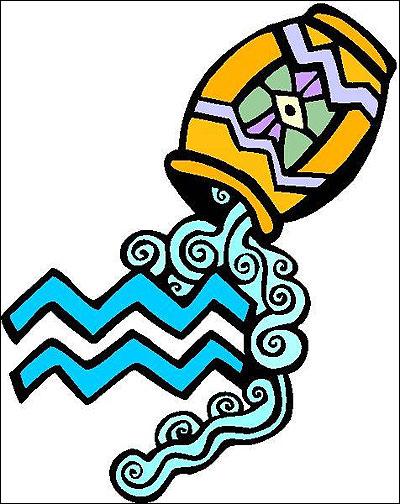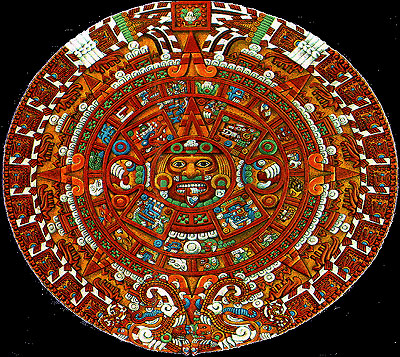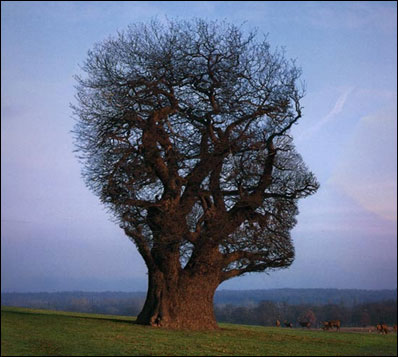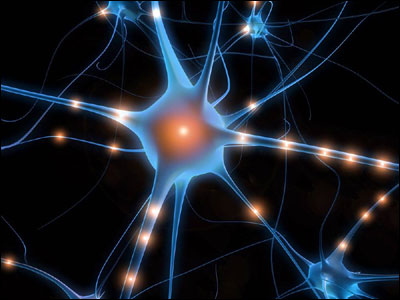Rajni Bakshi
While this apparent obsession with 2012 may largely be an internet phenomenon there is something more happening here that predates our age of hyper-connectivity, writes Rajni Bakshi.
Even if you don't believe that 2012 is the year the world will end, it's only natural to wonder what all this excitement is about. Why are so many people, even those who did not watch the ultimate disaster movie '2012', so preoccupied with the idea that this might be a cataclysmic year?
It is easy enough to dismiss the kooks and cranks whose websites track Unidentified Flying Objects (UFOs) along with making predictions about doomsday. But the number and range of websites dedicated to 'all things 2012' extends far beyond this realm.
While this apparent obsession with 2012 may largely be an internet phenomenon there is something more happening here that predates our age of hyper-connectivity. At the heart of the excitement is the idea, the dream, that our species is about to make a giant leap in its consciousness – to evolve to a higher level of being.
Click on NEXT for more...
Aquarian Age: Bloom not Doom
The flaky end of this spectrum relates to a Mayan calendar which is said to come to an end this year. Experts in Mayan epigraphy, who have studied the tablets which contain said calendar, have refuted these claims.
Perhaps the most poignant critique of this pop-culture around 2012 has come from Rigoberta Menchu Tum, a Mayan who grew up in the Guatemalan highlands.
Menchu Tum, who won the Nobel Peace Prize in 1992 for her struggles to get social justice for the indigenous people, has been reported to be sad about the Mayan texts being used to purvey doomsday theories. If anything, she has said, 2012 is supposed to signal the start of a new era, a new hope for humanity.
According to Menchu Tum "the Mayan measurement of time is a great gift. It's something that I -- and my people -- use every single day. We consult the calendar to learn where the energy is for the day.
It's very complicated, but when you know how to read the calendar, it really becomes a guide to you. It shows each individual how to live and balance and make the most of the day."
Click on NEXT for more...
Aquarian Age: Bloom not Doom
While the Nobel Laureate has been emphatically saying that the Mayans do not believe the world is due to end in 2012, she does believe that we are in a period of transition that could be rough.
In the 1960s and '70s this transition was popularly referred to as the Age of Aquarius. This phase in Western astrology has been widely interpreted as the dawning of an age when the more noble dimensions of humanity will flourish.
'Aquarian Conspiracy', a book published in 1980, is now deemed to be the most persuasive pieces of literature to appear on this subject. Interestingly enough the arguments of this book, written by Marilyn Ferguson, did not depend on astrology.
Ferguson was deeply interested in human potential and she edited an influential monthly newsletter, called Brain/Mind Bulletin, which reported on cutting edge research on the workings of the human mind and consciousness. This work led Ferguson to the realization that a massive 'cultural realignment' is unfolding in our times.
She called it a 'conspiracy' because the word 'conspire' originally means to breath together. In Aquarian Conspiracy Ferguson mapped how disparate forces, and individuals, happen to be breathing together to produce both personal and social change that none of them is actually designing or controlling.
Click on NEXT for more...
Aquarian Age: Bloom not Doom
This included scientists investigating subtler dimensions of human consciousness and the effects of meditation, politicians encouraging creative government, astronauts reporting on their almost spiritual experiences in space and so on.
The linking thread between all these disparate trends was that people experienced a sense of inner transformation which radically altered their view of the world – shifting it towards a sense of compassion and liberation, love and light.
"There is always the possibility that this great cultural realignment will be co-opted, trivialized, exploited" wrote Ferguson. There is also the danger, she added, "the trappings and symbols of transformation will be mistaken for the difficult path." And yet she anchored her hope in the conviction that the roots of this shift are old and deep in human history.
This conviction was strengthened by affirmations from scientists like Ilya Prigogine, who won the 1977 Nobel Prize in Chemistry for a theory that describes transformations, not only in the physical sciences but also in society. He studied the role of stress and "perturbations" that can thrust us into a new, higher order. Science, Priogogine said, is proving the reality of a deep cultural vision otherwise articulated by poets and philosophers. Namely, that we live in an open, creative universe. Transformation, innovation and evolution are the natural responses to crisis.
So the economic and political turmoil, as well environmental anxieties, that seem to loom over 2012 like dark clouds need not be a reason for gloom and doom. It is much more enlivening to tap into the wide assortment of energies that are geared towards making this a time of positive transformation.





article